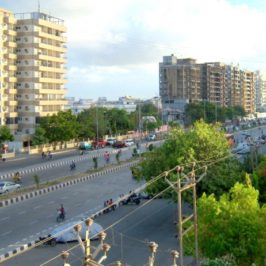
Outcome of 32nd GST Council Meeting -The highlights of the reliefs announced by FM Arun Jaitley are as below:
1. Threshold limit for GST Registration increased to 40 Lakhs
Effective April 1, the GST exemption threshold has been raised from Rs 20 lakh to Rs 40 lakh. For hilly states and those in the North East, the threshold has been doubled to Rs 20 lakh.
Earlier in a press talk AP FM said increased to 50lakhs, but it is increased to 40lakhs only as said by FM
2. Power to states
Now states will be able to choose if they want to keep the GST exemption limit at Rs 20 lakh or Rs 40 lakh, Jaitley said.
3. Composition limit increased to 1.5Cr from the present 1 Cr
The existing Composition Scheme turnover threshold raised to Rs 1.5 crore.
GST turnover limit and composition scheme changes would be effective from 1st April 2019.
4 Quarterly payment and Annual Return
Now Composition tax payers will pay tax quarterly, but file returns annually.
5 New Composition scheme for Services providers
Those providing services or mixed supplies (goods and services) with a turnover up to Rs 50 lakhs will now be entitled to avail composition scheme.
6 Rate for services under comp scheme @ 6%
Compounding rate for services under composition scheme is fixed at 6 percent.
7 Real Estate
A committee has been set up to consider real estate GST rates, a consensus is yet to be achieved, says FM Arun Jaitley.
8 Consensus for Calamity cess in Kerela @1%
GST Council has given approval to Kerala to levy Disaster / Calamity cess of 1% on all intra-state supplies of goods and services within Kerala, for up to 2 years.





